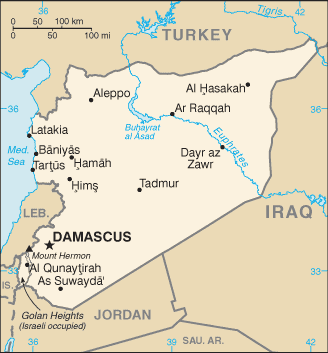This weekend’s Vienna conference on Syria opens much the same as previous rounds, with everyone talking up the importance of a “political solution” to the civil war, but not much in the way of concrete plans to accomplish anything of the sort.
 Russia is alone in offering a direct plan, which seeks a unity government made up of the current government and secular rebels, launching an 18-month reform process that would end with free elections.
Russia is alone in offering a direct plan, which seeks a unity government made up of the current government and secular rebels, launching an 18-month reform process that would end with free elections.
Yet that plan is being rejected out of hand by several factions, in particular Saudi Arabia, who insists any plan to resolve the fighting between Assad and the rebels must necessarily include the installation of the rebels and the ouster of the existing government, even if this means militarily. In essence, this means opposition to a deal in and of itself.
Britain’s suggestion of splitting the difference, with Assad playing a role up until some “point of departure” seems like it might be a promising notion, though so far the rebel factions that have discussed the matter have rejected anything short of immediate and total surrender from the entire Assad government.
Increasingly, it seems the rebels aren’t in a dealing mood at all, setting up an alternate university for “liberated” Syrians in the north, an apparent recognition that the war won’t be soon resolved and setting the stage for an eventual split.


